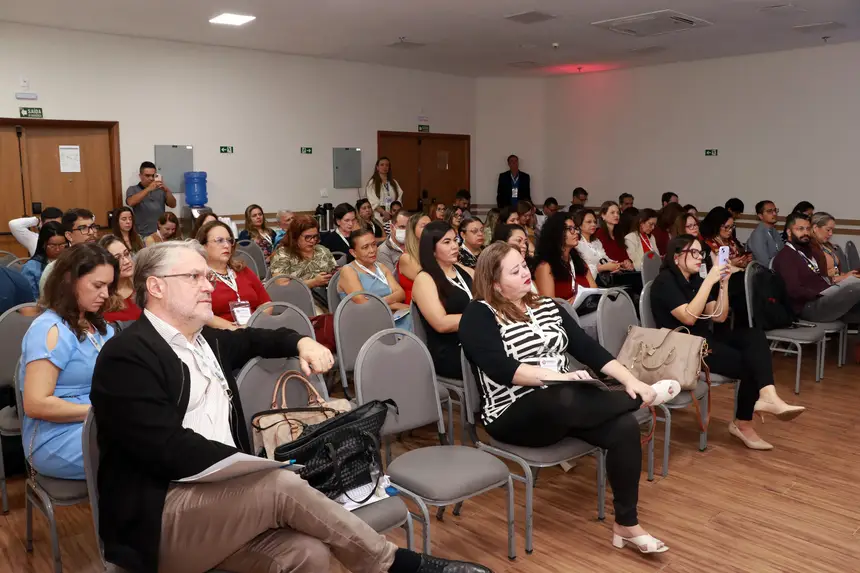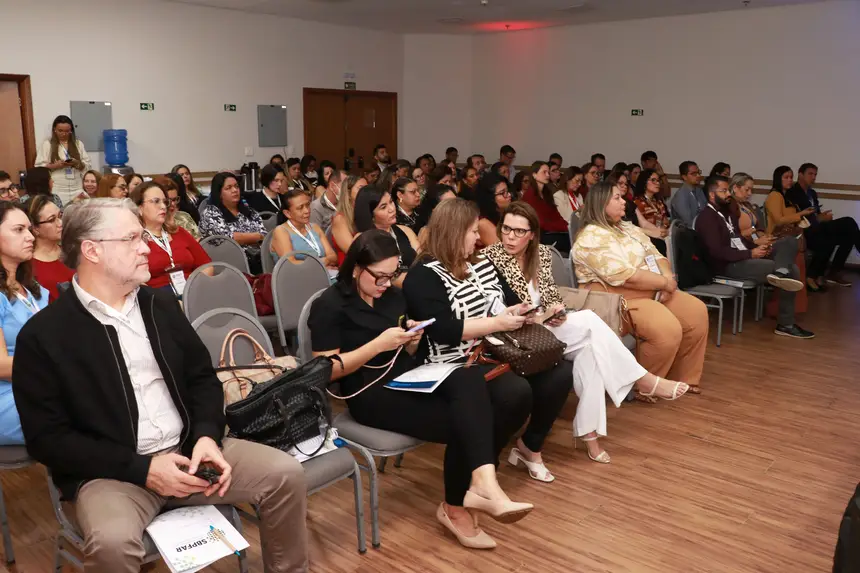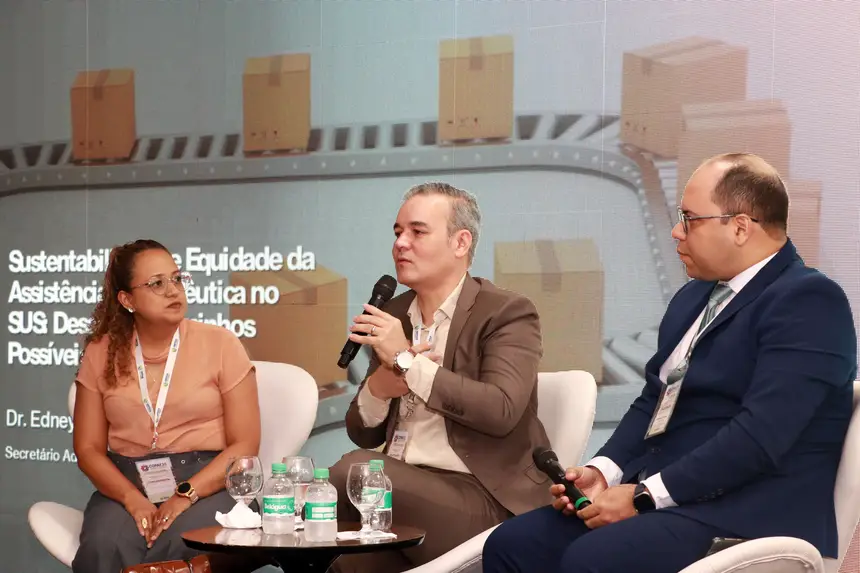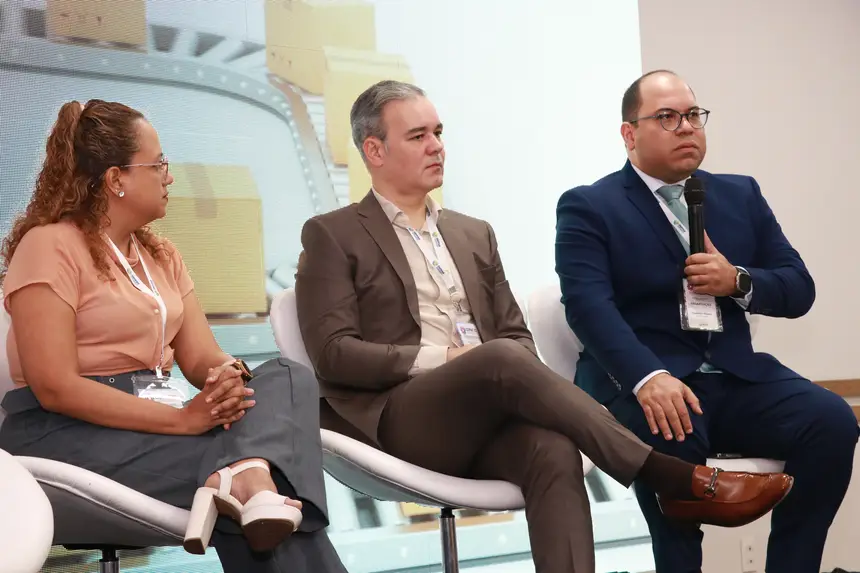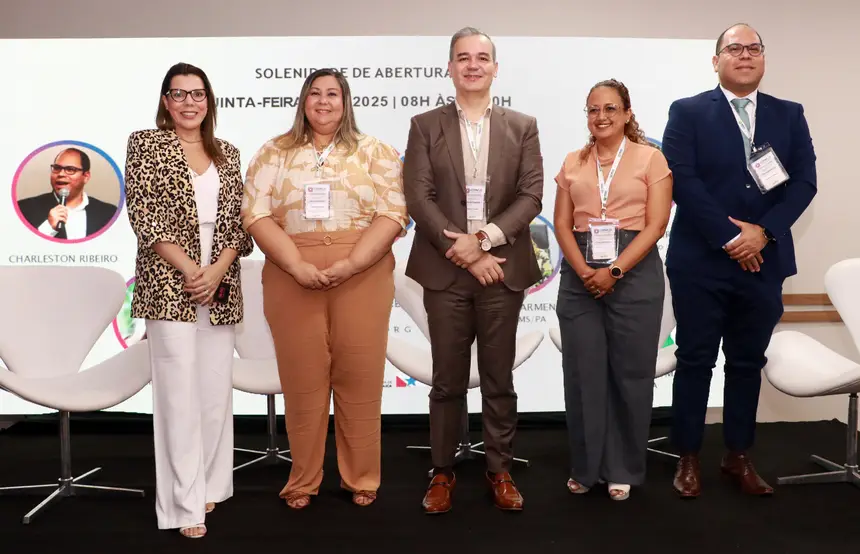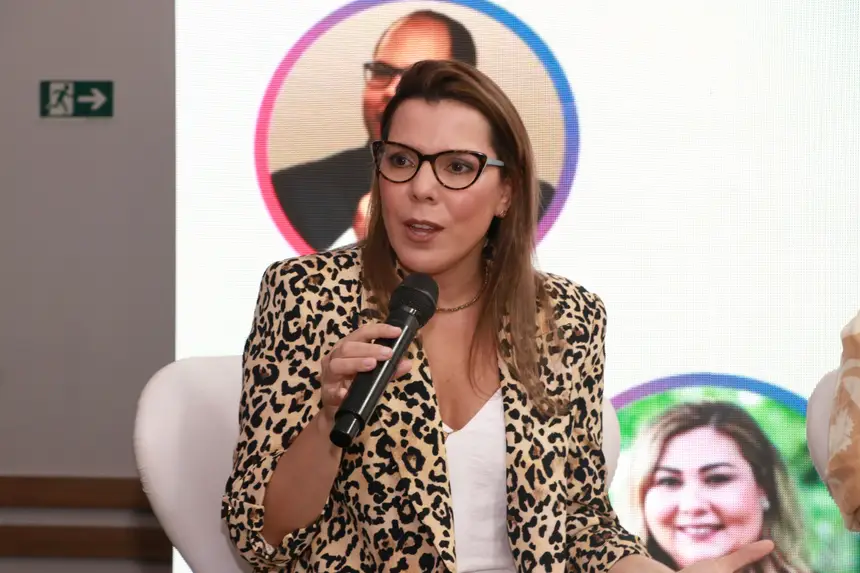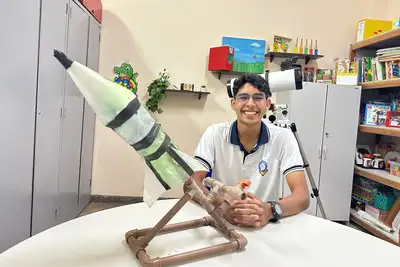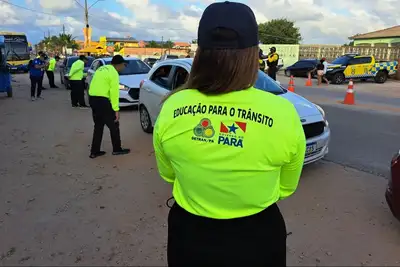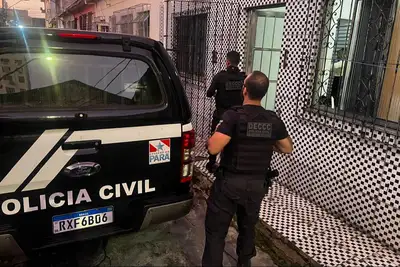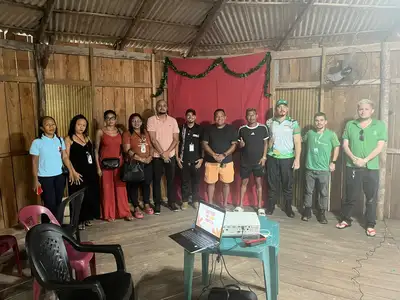Sespa strengthens public policies at the III Pará Congress on Pharmaceutical Assistance
With active participation in the opening and technical debates, the Health Department of Pará reinforces its commitment to the qualification and sustainability of pharmaceutical assistance in the SUS
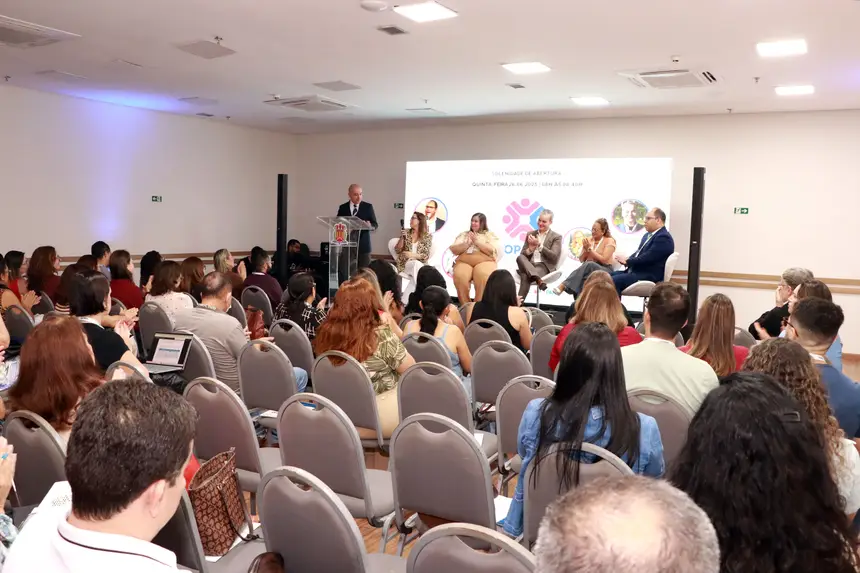
In order to broaden the dialogue on the directions of pharmaceutical assistance in the Unified Health System (SUS), the State Health Department of Pará (Sespa) participates in the III Pará Congress on Pharmaceutical Assistance (Copaf.25), which began this Thursday (26) at the Radisson Hotel in Belém. The event, promoted by the Brazilian Society of Pharmaceutical Policies (SBPFAR), with scientific support from Sespa, runs until this Friday (27) and has as its central theme "Sustainability and Equity in Pharmaceutical Assistance: Challenges and Possible Paths."
The program of Copaf.25 aims to discuss strategies and fundamental articulations for strengthening Pharmaceutical Assistance in the SUS in the State of Pará, addressing sustainability and equity as essential pillars for promoting access and rational use of medications. The congress also seeks to promote the integration and strengthening of pharmaceutical policies, encouraging the exchange of experiences, sharing of best practices, and dialogue among professionals in the field, managers, and other involved actors.
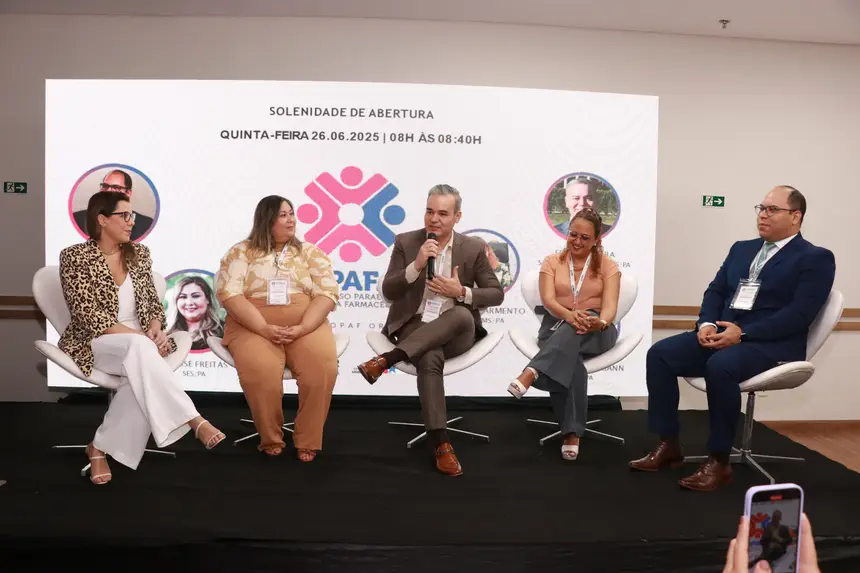
The State Secretary of Public Health, Ivete Vaz, was represented at the opening ceremony by the Deputy Secretary of Administrative Management of Sespa, Edney Pereira, who also participated as a speaker in the first panel of the program, reinforcing the strategic role of the department in the formulation and implementation of public policies in the pharmaceutical area. The opening also featured a cultural presentation of carimbó, valuing Pará's roots and promoting the integration of science and culture.
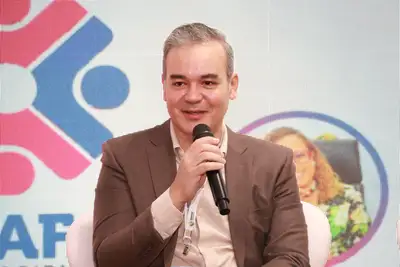
“I may be a secretary, but I am, above all, a pharmacist. Seeing so many professionals gathered here – from teaching to management, from logistics to assistance – shows that we are on the right path. The diversity of experiences and the commitment of each one are the force that drives our public policy. Copaf is an essential space for us to reflect and move forward together in the qualification of pharmaceutical assistance in the State,” said Edney Pereira at the opening of the congress.
During his lecture in the first panel of the event, the secretary addressed the challenges of pharmaceutical management focusing on sustainability and equity. “It is not enough to plan; it is necessary to execute based on evidence and focus on sustainability. The challenge is to turn theory into practice, ensuring financial return to services and expanding access. And this requires courage, planning, and unity among the federative entities,” he emphasized.
Also at the opening table were the president of SBPFAR, Charleston Ribeiro; the director of the State Department of Pharmaceutical Assistance (Deaf/Sespa), Larisse Freitas; the representative of Cosems Pará, Andréa Sarmento; and the president of the Regional Pharmacy Council of Pará (CRF/PA), Carolina Heitmann.
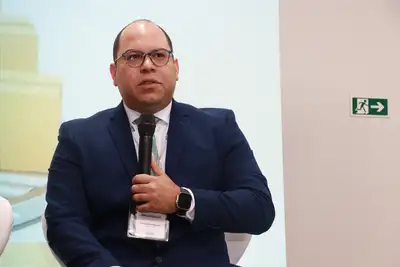
Charleston Ribeiro highlighted the importance of collective and local construction of the discussed agendas. “It is with great joy that we return to Pará for this third edition, built by many hands and focusing on the specificities of the state. Our mission is to contribute to the strengthening of pharmaceutical policies, based on the reality of those who are on the front lines,” he stated.
Representing CRF/PA, Carolina Heitmann reinforced the role of professional councils in valuing pharmacists. “Today we have more recognition. This congress is a bridge between management, practice, and academia, and an opportunity to show the true role of pharmacy in public health,” she said.
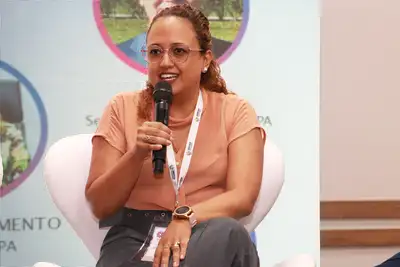
Andréa Sarmento, from Cosems, highlighted the challenges faced in the municipalities of Pará, especially the more remote ones. “The local reality demands creative and qualified solutions. Technical training makes all the difference when we can apply it in structuring municipal services and creating projects such as pharmaceutical offices and decentralized medication units,” she explained.
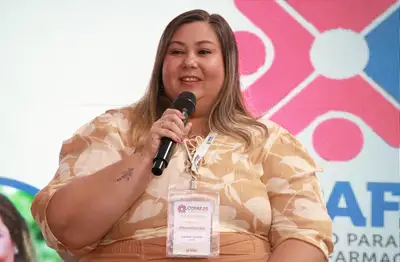
The director of Deaf/Sespa, Larisse Freitas, also emphasized the importance of collaborative construction of the congress agendas. “These meetings were designed based on real diagnostics. The space of Copaf is an opportunity for exchange between managers and pharmacists, seeking concrete solutions to the challenges of our State,” she stated.
During the program, the III State Meeting of Pharmacists of the State Health Department of Pará is also being held, an initiative of Deaf/Sespa. The meeting aims to create a propositional space for debates and exchanges of experiences among pharmacists and managers active in Pharmaceutical Assistance in the State, contributing to the improvement of actions developed in the region.
The scientific program of the congress continues until this Friday (27) and is available on the website: https://copaf.org.br.


